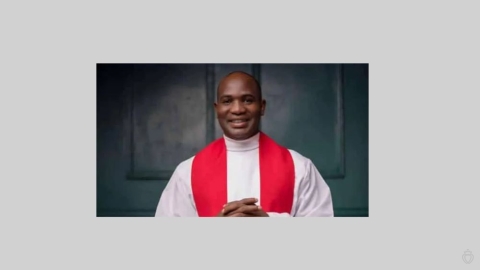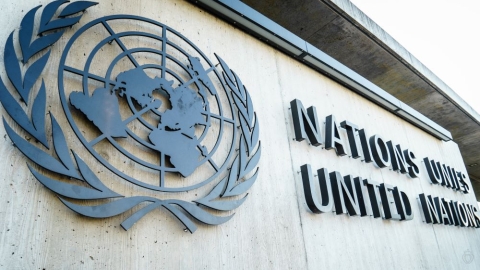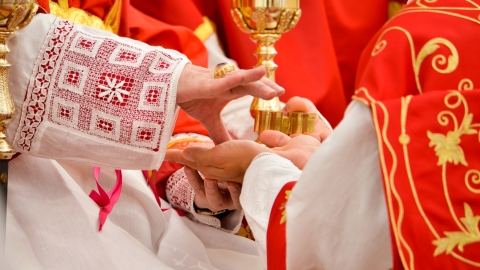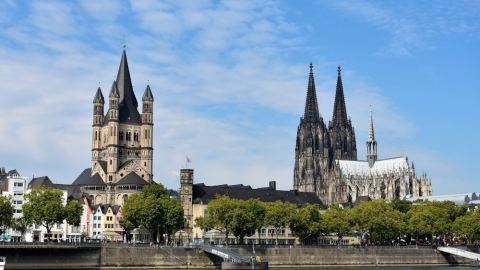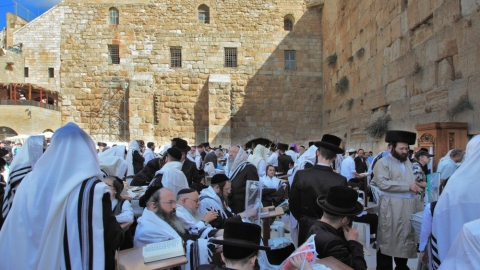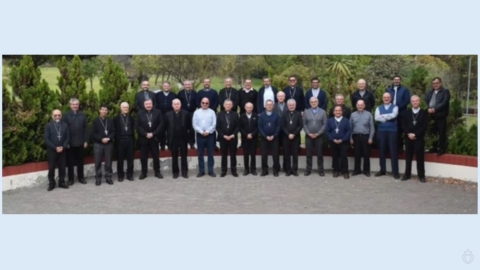Malawi: Catholics Demonstrate Against Same-Sex Marriage

Examples of posters for the July 13 event
At the call of the episcopate, the Catholics of Malawi and other Christians demonstrated throughout the country against homosexual marriage and for the defense of marriage and the family on July 13. Thousands of people peacefully recalled the importance of the family based on the union of one man and one woman.
Malawi, a small African country wrapped around the lake of the same name, has a population of just over 21 million inhabitants, of which 77.3% are Christians, which is divided into 17.2% Catholics, 33.5% Protestants and 26.6% members of African churches. Muslims represent 13.8%.
In Malawi, homosexual relationships are punishable by up to 14 years in prison. But in 2012, the Ministry of Justice had declared a moratorium on arrests and prosecutions for unnatural acts committed. However, in 2016, the order was suspended by the Constitutional Court for verification.
At present, the High Court is examining a case involving a Dutch national, an NGO employee, and a transgender Malawian woman, who are seeking to have their “fundamental rights” recognized, in other words, to have the law changed through their case.
The Episcopal Conference of Malawi, because of the “misleading discussions and debates going on around various fora at the moment” has decided to “make its stance known and clear,” so it is issuing a letter and has organized this event.
The letter emphasizes the importance of family to society, and states that “family” must include a husband and his wife and their children. It also reminds that sexual acts are only allowed between married persons (male and female), and that each act must express love and an openness to procreation.
It goes on to say that we need “to do much more to supporting and animating families… especially today when they face so many problems.” But, the bishops add, “unfortunately, these problems are largely imposed on Africa … by foreign societies; taking advantage of abject poverty in our countries.”
The rest is not lacking in pride and panache: “In spite of our poverty, we must stand up in defiant defense of the family and culture even when we are under severe pressure from the rich but virtually pagan societies which sadly appear to push us back to the path of colonization.” And it recalls the example of the Uganda martyrs.
The letter continues: “Paradoxically, the Martyrs of Uganda received the faith they defended with their blood from heroic missionaries from the same countries which are attacking the same faith which many missionaries died for as the Martyrs of Uganda did.”
In this fight against the sins of ignominy, Protestants have associated themselves with Catholics, as well as Muslims. This healthy reaction, which is found everywhere in Africa, will perhaps be the grain of sand that can stop the machinery of the world synod, at least on this issue, thanks to the African delegates.
Related links
(Sources : cath.ch/The Episcopal Conference of Malawi – FSSPX.Actualités)
Illustration : Facebook / The Episcopal Conference of Malawi
